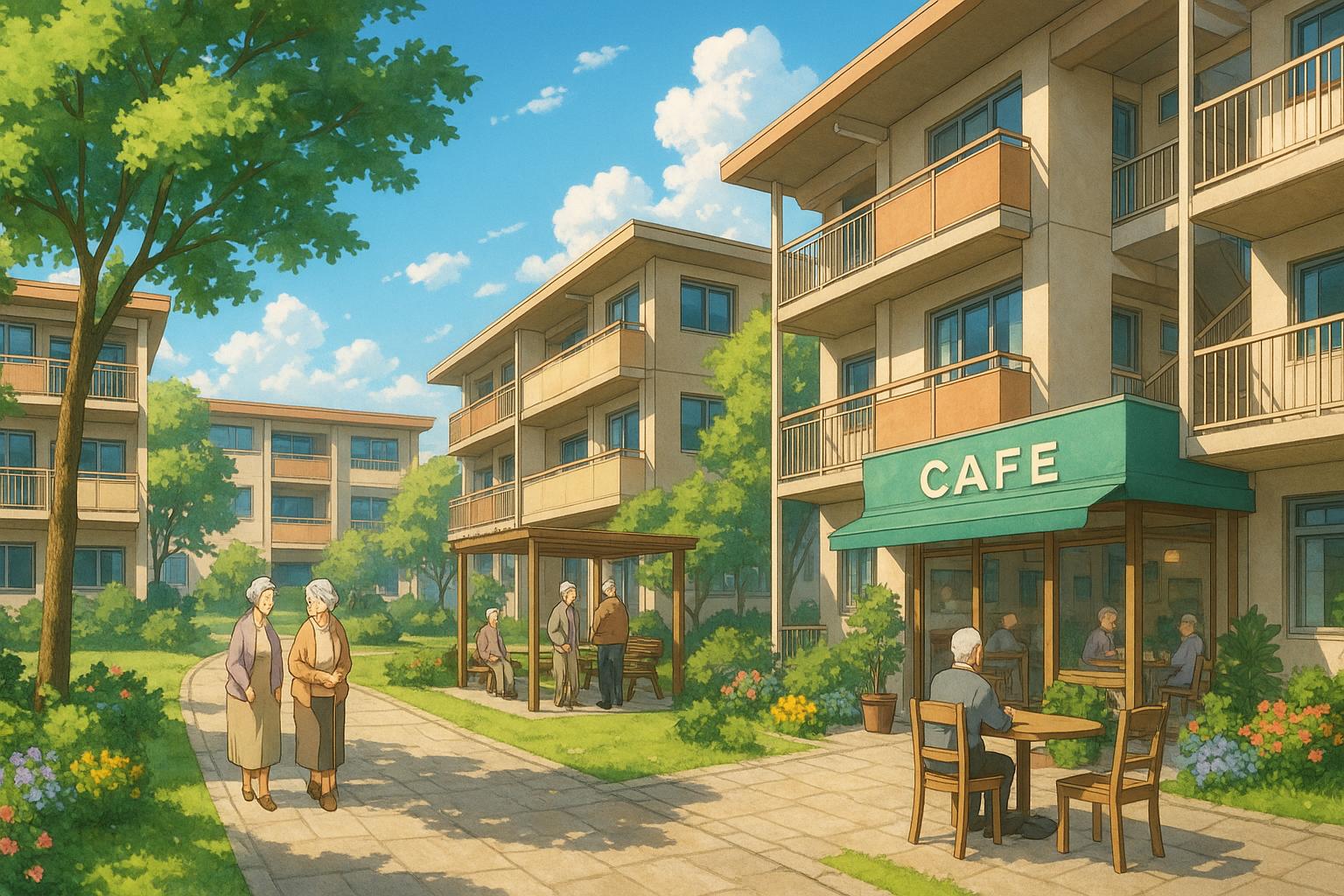Exeter City Council has made a decisive move in the landscape of housing development by approving plans for the Clifton Hill leisure centre site, previously at the heart of significant contention regarding student accommodation. The council has opted to sell this prime two-acre piece of land for £3.4 million, a figure notably less than its market appraisal of £3.8 million, echoing a commitment to community needs over monetary gain.
The site, once home to the Clifton Hill leisure centre—which was closed in 2018 and demolished in 2022—will now be transformed into affordable homes for older residents. Phil Bialyk, the council leader, reinforced this position during the executive committee meeting, stating, “We could get £3.8 million, or even more, if we broke our promise not to build student accommodation.” This sentiment reflects a strong adherence to principles prioritising the well-being of local residents over profit-driven motives, with the council refusing to entertain higher bids from developers proposing student housing.
The council's commitment to preserving the site for residential use isn't an isolated decision; it follows a series of strategic choices. The land had previously been sold to Exeter City Living for slightly over £2 million. However, following the housing company’s financial troubles, which amassed losses of over £4.5 million and resulted in a debt exceeding £10 million owed to the council, the site was repurchased for around £3 million. This history underscores the complexities surrounding the management and development of public land.
The recent planning approval paves the way for the creation of 72 affordable rental units aimed at older residents on the housing register. This development will also feature a café, meeting rooms, and a weekly doctor’s surgery, enhancing community services and accessibility for its future residents. Councillors expressed their enthusiasm and support during the discussions, with Cllr Duncan Wood emphasising the importance of heeding community concerns and acting upon them.
As discussions surrounding housing intensify, local leaders have reiterated the necessity of balancing housing availability with the preservation of green spaces. Green Party Councillor Andy Ketchin recently called for commitments to ensure at least 35% of the development includes affordable housing while safeguarding the adjacent green areas. This dialogue comes amidst broader debates regarding the adequacy of affordable housing provisions in Exeter—a theme that has gained traction as the city seeks to address the diverse needs of its residents.
Further complicating this landscape, there have been conflicting proposals regarding the future of the Clifton Hill site and neighbouring areas, such as suggestions to utilise the land for student housing instead. In November 2023, a council report recommended selling the land without restrictions, which provoked criticism as it clashed with the council’s stance against prioritising student accommodation. The adjustments within the council's approach illustrate not only the pressures to resolve financial challenges tied to outstanding debts but also the ongoing tug-of-war between commercial interests and community welfare.
Ultimately, Exeter City Council’s decision regarding the Clifton Hill site signals a potential shift towards more socially-responsible urban planning. As the city grapples with housing demands, this initiative may well set a precedent for future developments, reinforcing the message that community needs can take precedence over financial incentives.
Reference Map
- Paragraphs 1, 3, 4, 5
- Paragraphs 2, 6
- Paragraph 3
- Paragraph 4
- Paragraph 5
- Paragraph 6
- Paragraph 6
Source: Noah Wire Services
